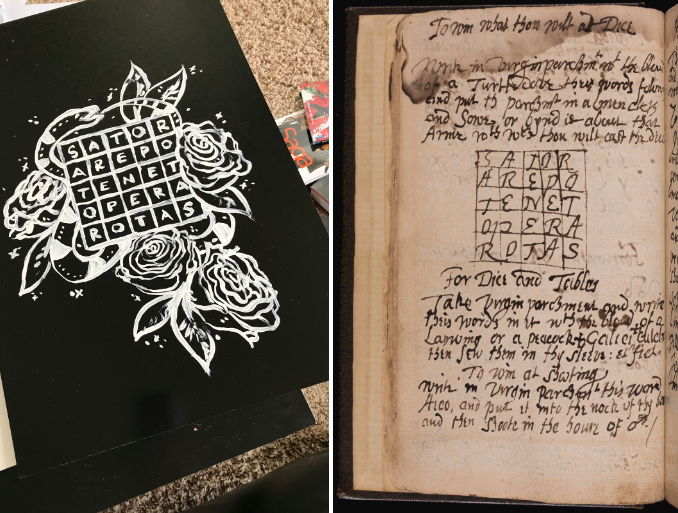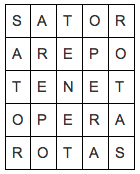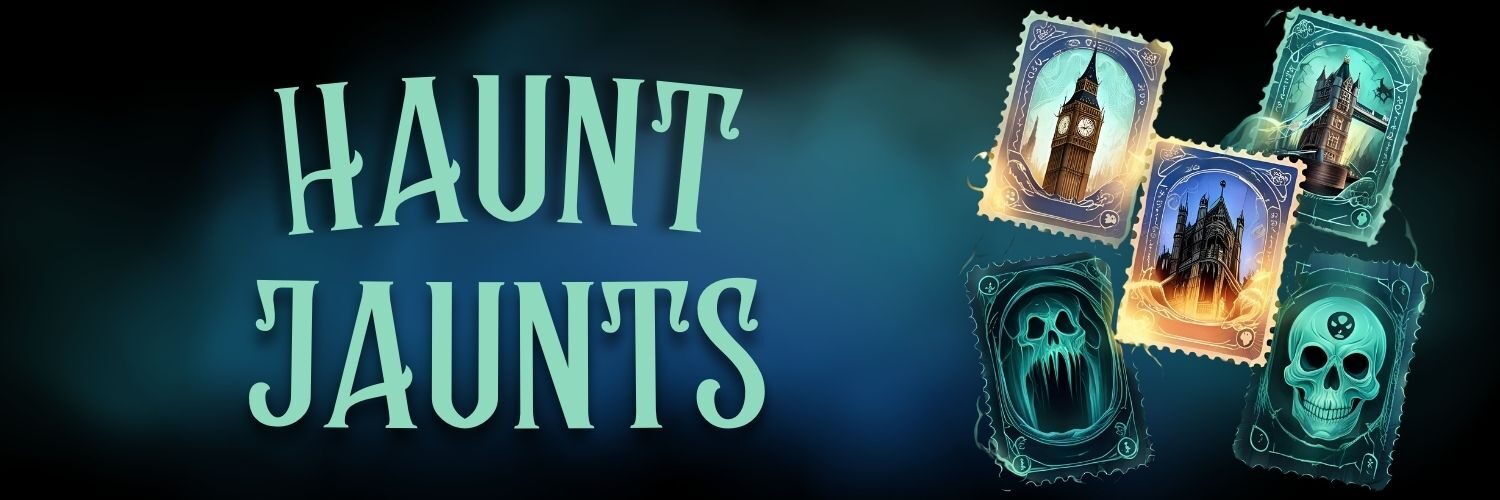In July of this year, the Smithsonian posted a call for help in translating and transcribing three ancient texts, all of which revolve around witches.

The first, Cases of Conscience Concerning Evil Spirits, is a documentarian novel by Increase Mather, a Puritan minister who, though he understood and championed burning witches at the stake, spoke out against many of the unfair and manipulative practices used to get a confession from the accused, such as “spectral evidence,” where the victim claimed to be visited by/dreamed of/had a revelation of a nearby witch without ever seeing the accused performing black magic with their own eyes.
The second text, referred to only as the Commonplace Book, is thought to originate from the 16th century, though information was being added to its pages all the way until the 19th. Working as a lexicon of sorts, the Commonplace Book explores religion, witchcraft, unexplained events, and so on. To quote Newberry.org’s Transcribing Faith: “Through its juxtaposition of subjects, the book shows us how religion was woven into the fabric of early modern intellectual life.”
Lastly, we find an actual book of spells needing transcription. The Book of Magical Charms was reportedly written by two practicing witches of the time, whose magic focuses anywhere from spells to ease the pain of menstrual cramps to cheating at a game of dice. It even goes into detail on conversing with spirits and includes other Latin prayers and litanies.

While these ancient, magical texts are interesting alone to look at, the best part is, you don’t need a Ph.D or advanced degree to learn the methods and participate in open transcriptions. Newberry is simply seeking out those fluent in English or Latin, who have a little extra time on their hands, coupled with a burning interest on the subject of witches and religion. Whether you just graduated high school, or studied something completely unrelated in college, your skills can be put to good use. Particularly if you’re good at something like Accounting, because I imagine by pursuing an Accounting degree, you have an interest in small details and numbers and making sense of them all. Maybe instead of accounting, you studied something new like Human Services, which deals with modern people living in the modern world — but then getting a glimpse into a religious past might offer a little bit of interesting perspective.
Not to mention, particularly if you’re not a big fan of those interactive brain games that are meant to keep your mind quick and youthful, scientists know that reading benefits the mind, as does transcribing music. Combine the two, and you can expect to have a super brain.
Atlas Obscura describes these particular texts as easy enough to “transcribe on your lunch break.” I wanted to put this to the test, so I dove in to see what I could.
You can imagine my surprise/excitement when, after scrolling through a few pages, I found myself face to face with a page demonstrating a Sator Square, of which I already have one hanging in my own apartment. Though I use mine for protection against negative energies, this one is transcribed as being a spell for winning at dice, namely by giving the user a little extra boost of luck.

The already transcribed spells read:
To win what thou wilt at Dice
Write in virgin parchmt with the blood
of a Turtledove theis words folowing
and put th parchmt in a linen cloth
and Sowe or bynd is about that
Arme with wich thou wilt cast the dice

For Dice and Tables
Take virgin parchment and write
theis words in it with the bloud of a
Lapwing or a peacock + Galici + [Culch?]
then sew them in thy sleeve: et ^ fiet.
To win at shooting
Write in virgin parchmt this word
Aico, and put it into the noch of thy hand
and then shoote in the houre of [image: symbol of Mars].
Whether you’re already a Ph. D graduate, preparing to become a Ph. D graduate seeking possible subjects to pursue, or maybe just a homebody looking for a little extra excitement in your life, I highly suggest lending some time to these ancient texts — or even looking through a few of the others open for transcription through Transcribing Faith. Not only do they offer a rare, firsthand glimpse into the life and culture of the past, but you might also find a few handy spells along the way.
Kelsey graduated from Boise State University with a BA in Visual Arts, and is currently working as a freelance writer, while doodling anime on the side with one hand and petting cats with the other.

Ahhhh!!! Every post you write instantly becomes my new fave. But this one because how clever and fun of you to show a transcription in process. SO cool!